Mis-selling is a big problem in the finance industry. Even though there are laws that are put in place to protect the interest of investors, many institutions mis-sell products to investors. In this article, we are going to talk about what mis-selling means and how you can protect yourself from these practices.
Mis-selling financial products is on the rise in India. According to an article published in The Tribune, the Insurance Ombudsman at Chandigarh, having jurisdiction over Punjab, Haryana, Himachal, Jammu & Kashmir, Ladakh, and Chandigarh, received 3,917 complaints in 2021-22. According to officials, almost 80% of the complaints are related to mis-selling.
The Tribune added, according to insiders, at the times, the agents deliberately mislead the customers into buying the wrong plan, and sometimes the sale is outright fraud. In the past, there have been instances where the customers don’t understand the policy and the agent is unable to explain the nuances.
This news makes it important for all of us to understand what mis-selling is and how we can protect ourselves from becoming a victim of mis-selling.
What Is Mis-selling?
Mis-selling may be defined as a practice of misleading the customer while selling a financial product, eventually resulting in consumer detriment. This leads to great losses for retail investors and borrowers, but also to a decline of trust in financial institutions and supervisory bodies.
There are two types of financial mis-selling – material misrepresentation and suitability.
Material misrepresentation means that material presented to individuals is misrepresented, meaning a product or service is marketed differently than it appears.
The important thing to note here is that if a seller deliberately provided incomplete information about the relevant item, it would be a financial misselling.
The second one is suitability, which means selling a product or service that is not suitable for customers.
To understand mis-selling better, here are a few examples.
Mis-selling Insurance – Insurance policy is arguably the most mis-sold financial product. For example, you go to the bank to get a home loan and the relationship manager (RM) wants you to buy term insurance to cover the payment of the loan. You may already have an insurance policy that can cover the repayment, or the manager might not share all the exclusions with you and misguide you into thinking that it was a better product.
Mis-selling Investments – There are several types of investment products that can be sold incorrectly, like company stocks, profit bonds, managed portfolios, and so on. Financial advisors may not be able to explain the risks carried out by these investments accurately and may have sold the product. They may not know or inform you where your money will be invested when you choose a particular investment product. That product might not be suitable for your needs or suit your risk tolerance.
Asking For Deposits – When you go to a bank to get a locker, the RM may ask you to deposit a large sum in a fixed deposit account to qualify for the locker. They may even ask you to open a savings account, which requires a high minimum balance. In some cases, the RM may ask you to buy a ULIP to qualify for a locker. Banks are not allowed to force customers to invest to get lockers. You can lose out a lot of money by investing in the wrong product to get a bank locker.
Promoting Different Products Instead Of The Ones You Need – Let’s say you wish to invest in gold bonds but an RM may ask you to buy gold coins. They may say that gold bonds come with a lock-in period but you can sell or exchange gold coins at any time. However, banks may not be willing to repurchase the gold coins and you may have to sell them at a discount to a jeweler.
Also, an RM may push you to buy a unit-linked insurance plan (ULIP) when you want to start an FD. They may tell you that ULIPs provide insurance, higher returns, and tax deductions. However, a ULIP is not suitable for a risk-averse investor, who is looking for regular income.
How To Stay Safe From Mis-selling Of Financial Products?
Here are a few ways in which you can protect yourself from becoming a victim of mis-selling.
- Plan Your Investments
Most investors plan their finances in the first three months of the year, including planning their tax-saving investments. When you don’t have a plan, you might end up investing in a financial product in haste, without doing much research. Sometimes, at the last minute, investors may borrow money to save tax if they didn’t have the required amount to make the investment. All of this could be avoided if you take the time to plan your investments.
- Stay Away From Products You Do Not Understand
When the craze behind cryptocurrencies rose, many people jumped on the bandwagon to invest in them. However, many didn’t understand how these currencies worked and what amount of risks were they taking when they were trading in them. So, it is important to not let FOMO (Fear Of Missing Out) get in the way of rational decision-making. Whenever anyone pitches you an investment product or you see an investment instrument going viral on the internet, try understanding as much as you can about it before putting your money in it.
Below are some of the questions that you can ask before investing in a product.
- What are the costs of investing in the product?
- Is the product approved by regulators?
- Is there a lock-in period for the product? If so, how can you get out of it?
- Are the returns guaranteed or subject to market risk?
- If the returns generated by the product are complicated, do you know it works?
- Greed Is Never A Good Thing
Greed overshadows rational thinking. Many people invest their money in unknown financial products because they get overwhelmed by the lure of significant returns. Some products may advertise unbeatable returns, but that is hardly the truth. So, it is important that you stay away from products that promise 50x returns in one week.
- Learn About Your Financial Advisor
In case you have a financial advisor, it is important that you check their credentials and remuneration. The credentials of the advisor will help you understand their experience. It is also crucial that you understand the remuneration received by your advisors so that you can understand whether they are being paid a commission to sell a particular product to you. If so, you should if the recommended products actually suit you and your needs.
- Know About The Exclusions
When it comes to insurance policies, you must read the terms and conditions to avoid any exclusions of the policy. For example, if you take vehicle insurance, the policy might cover only certain types of vehicles or vehicles with a particular engine carbon combustion (cc) capacity and more. This is why it is highly crucial to learn about all the exclusions, terms, and conditions associated with insurance policies to avoid any surprises later.
In The End…
India’s financial industry is filled with a plethora of savings and investment products. So, before you find the ones that are right for you, you should understand everything about them and learn how they can help you and your financial needs. You shouldn’t blindly follow trends or invest in something just because your RM recommended you to do so.
Anytime someone tells you that a certain product can make you rich quickly, ask as many questions as you can. Only when you are completely satisfied with the answers, go ahead and make your investment. Ignorance is not bliss, so try learning about the basics of investments. Read our blogs about personal finances and various investment instruments so that you can make informed investment decisions.
We hope this blog helped you understand mis-selling and how it can protect you from becoming a victim of it. If you wish to read more about personal finance, wealth management, and investments, head over to our Blogs section.
Side Note: Looking to manage your finances and grow your wealth? Our Koshex app would be the right tool for you. You can track your investments, save in smart instruments, and invest in personalized recommendations. You can sign up in less than 60 seconds and start stepping up your financial life for free.

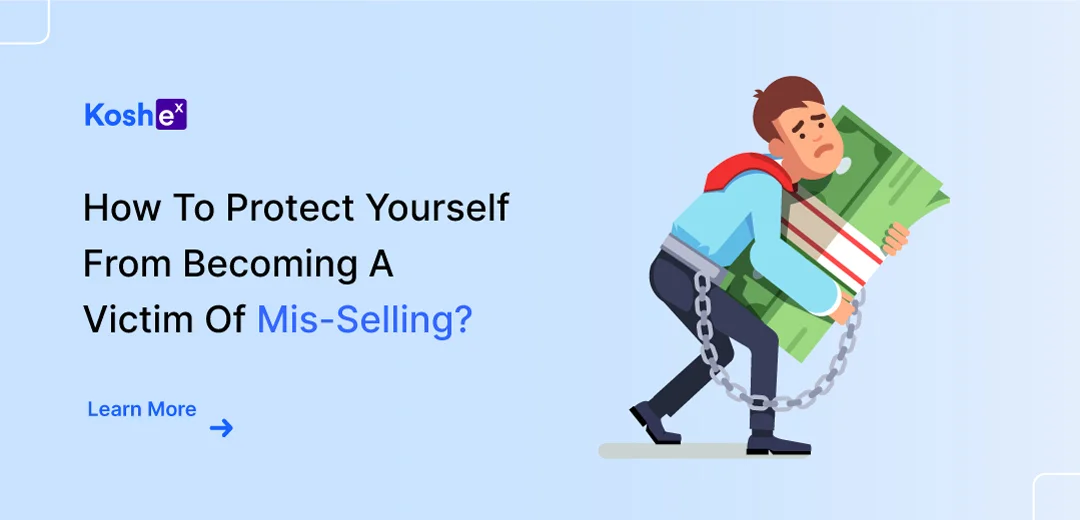
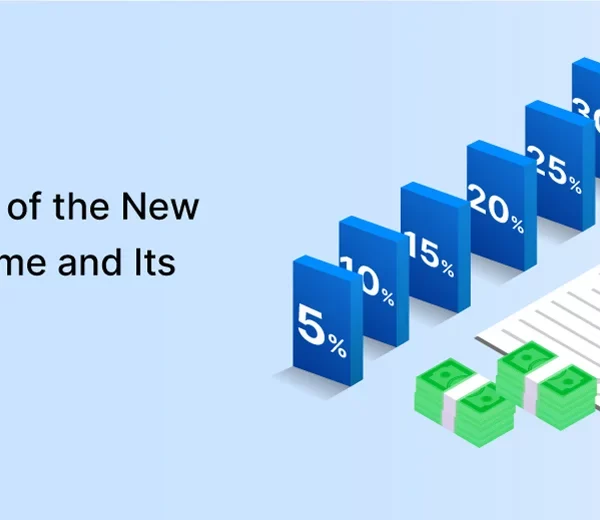
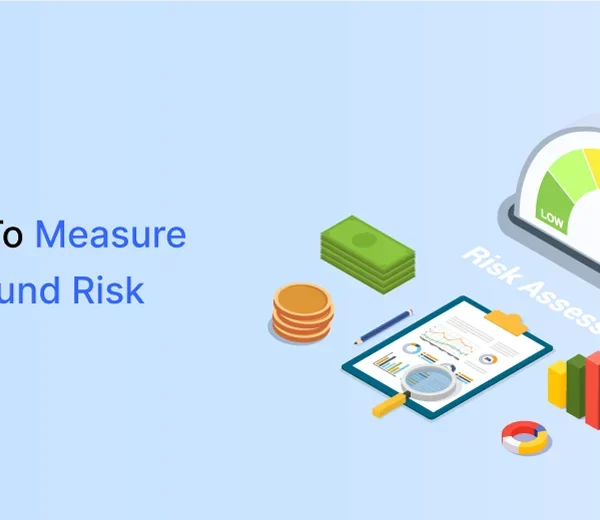

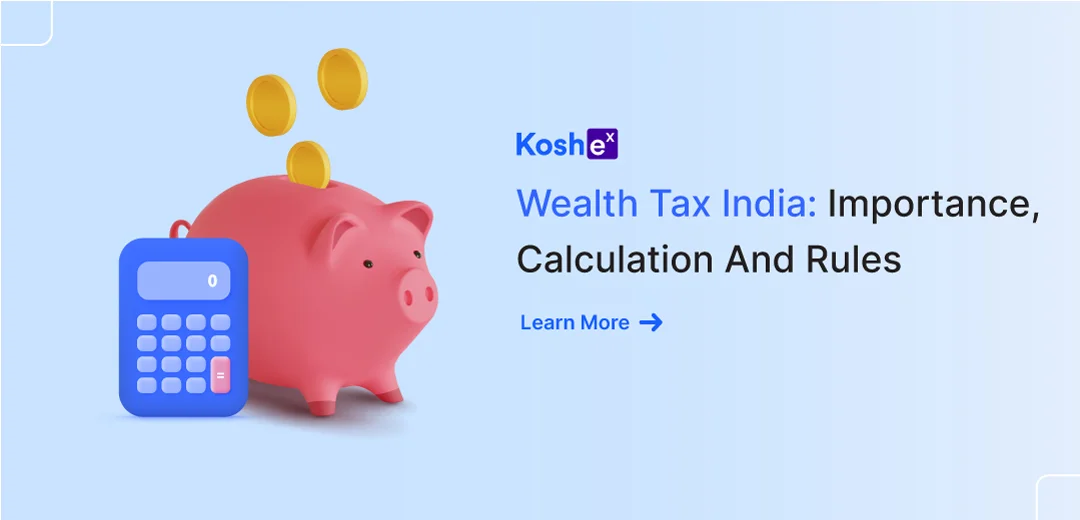
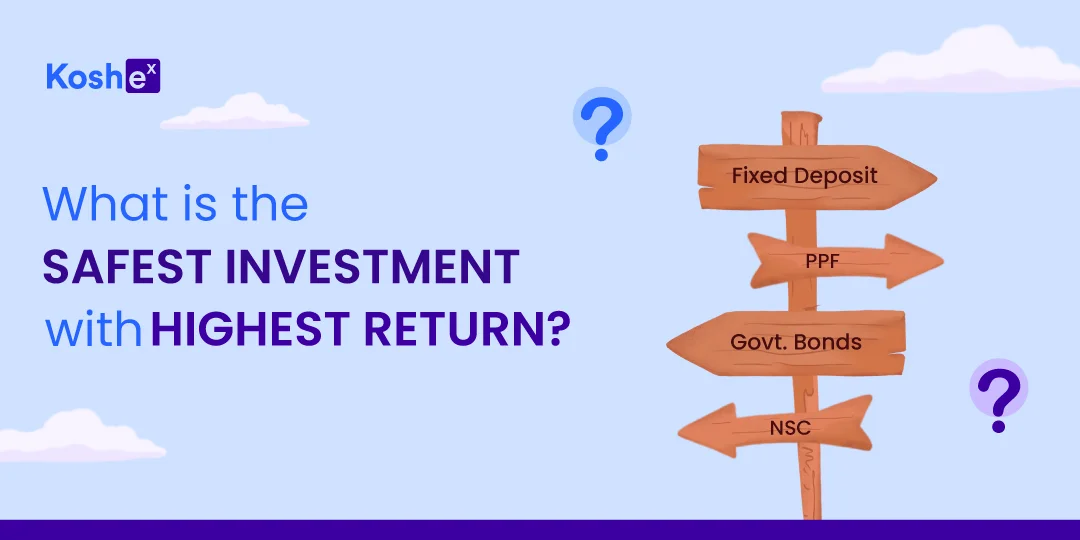


Leave a Comment